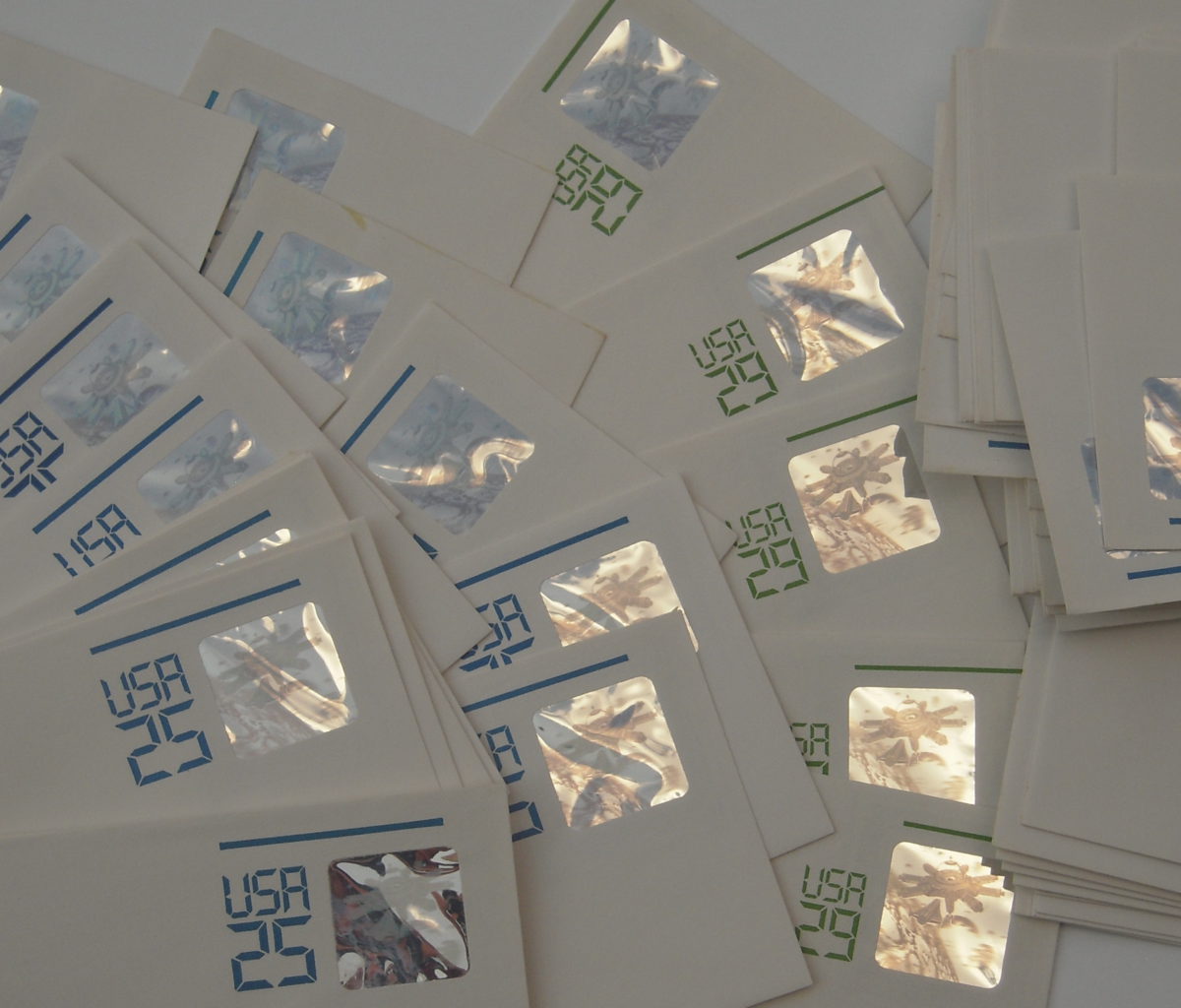Intractable problems are often the result of clashes between value systems, or of different rankings of values in the same system. Often, the first necessity for addressing them is acknowledging the nature of the problem ― which those who are certain they are in the right are often especially reluctant to do. Insoluble problems, on the other hand, may not be intractable, in the sense that it may be possible to ameliorate or work around them. In the human world, however, nothing can be done without goodwill, which is very much subject to being eroded by the effects of insoluble and intractable problems.
Tag: weekly post
ASFO 2023–10–07
Nuclear energy and space news, mostly. I may spend some more time talking about the implications of nuclear power in Bangladesh and countries like it, and the way the Western countries have effectively left the field to Russia. Also, the implications of the launch of the first satellites for the Amazon LEO comsat constellation, and the implications of launch orders placed with ULA ; an alternative suggestion for the Eagle’s Nest mine project discussed last week ; and a brief consideration of the problems of constitutional government.
- Archive Recording
- 2023 ASFO Masterpost
- A Step Farther Out Masterpost
- Previous Week
- Following Week
- Patreon campaign
Supplementary Show
2023–10–10 A little pamphlet about the Douglas Point nuclear power station, for which the term CANDU was coined, and more of the 1975―76 AECL Annual Report. Perhaps I should have found something topical about the Chinese national holiday.
ASFO 2023–09–30
Mail Call! Much of the rest of the show, alas is political incompentence and stupidity ― thin soup, you may say. There seems little reason, though, that they should be so ubiquitous if, somewhere along the line, we the common people had not decided to accept them. As I have said time and again, policies which cannot be implemented will not be. Also, the resources required by the environmentally–benign renewable–energy–and–battery future, and their relation to cocaine and alcohol.
- Archive Recording
- 2023 ASFO Masterpost
- A Step Farther Out Masterpost
- Previous Week
- Following Week
- Patreon campaign
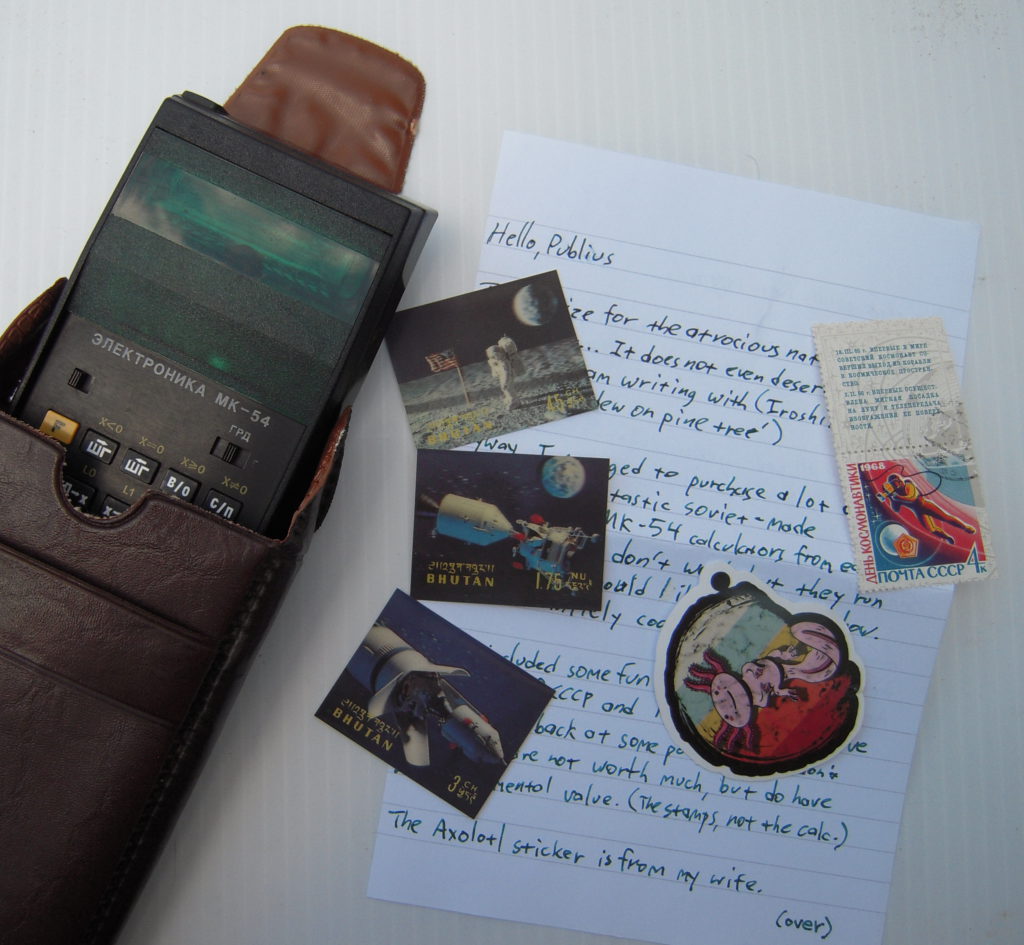
Supplementary Show
2023–10–03 From ATOM 142 (1968 August), How DFR Was Repaired, a very interesting description of work on the primary circuit of a sodium–cooled fast–neutron breeder reactor, which had not initially been thought feasible. And then some material from the 1975–76 Annual Report of Atomic Energy of Canada Limited. Truncated early by a telephone call from a medical office.
ASFO 2023–09–23
Good news from Canada! Also the OSIRIS–REx space mission, some observations about the UAW strike, the politics of the Wall Street Journal, more of my accurséd numismatism, and the usual miscellany.
- Archive Recording
- 2023 ASFO Masterpost
- A Step Farther Out Masterpost
- Previous Week
- Following Week
- Patreon campaign
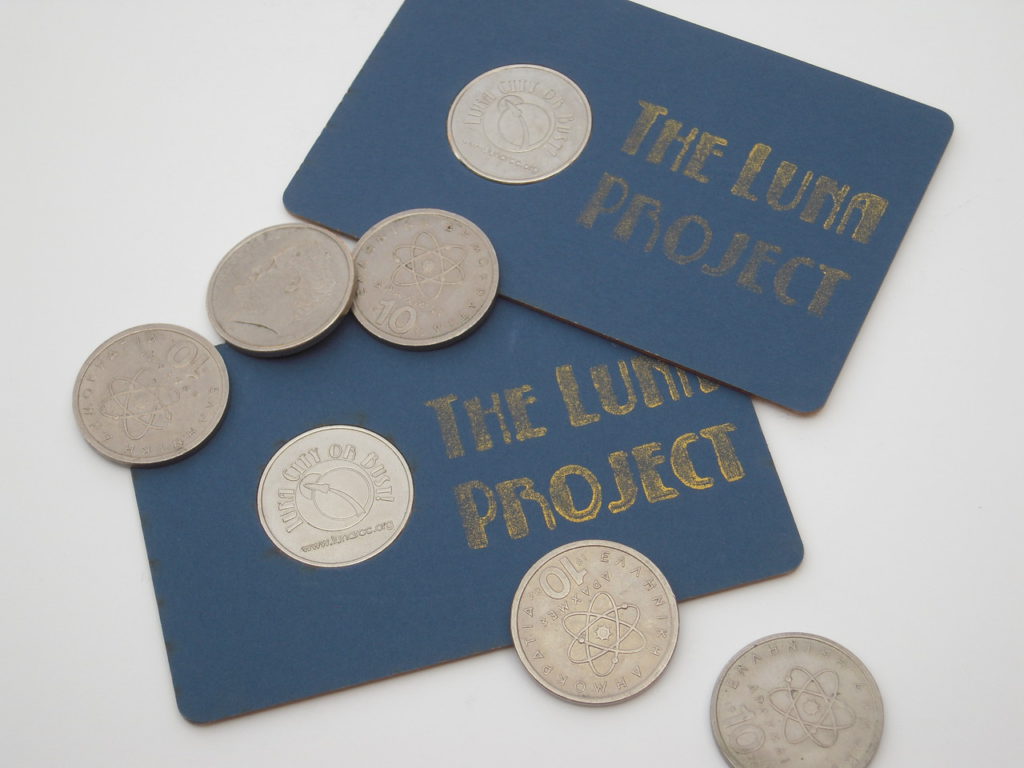
Supplementary Shows
- 2023–09–26 More from Science News Yearbook 1970, mostly about the continuing struggle to get enough data to understand and predict the weather, and the longer–term changes in climate.
- 2023–09–29 The “Awards and Prizes” section of Science News Yearbook 1970, and a goodly part of a little booklet entitled Euratom at the Atomium, describing a “Permanent Exhibition” inside a large sculpture erected for the 1958 Brussels World’s Fair. Unfortunately, this exhibition appears no longer to exist, and the space is now used for a historical presentation on the 1958 Fair. This may be considered a symptom of the loss of confidence and forward momentum in the field of atomic energy and in Euratom specifically.
ASFO 2023–09–16
Mail call! Also a contemplation of nuclear safety, in the context of the horrific dam collapse catastrophe in Libya ; Indian country broadband, the question of “sticking to the old ways,” and the possibility that novelty–seeking is a fear response, with a diversion into alternative foodstuffs (the peanut is your friend!) ; and “teaching the controversy”.
- Archive Recording
- 2023 ASFO Masterpost
- A Step Farther Out Masterpost
- Previous Week
- Following Week
- Patreon campaign
Supplementary Shows
- 2023–09–19 Again from Science News Yearbook 1970, sections on Apollo 12, Soyuz 4―8, and Mariner 6 and 7.
- 2023–09–22 The rest of the space material from Science News Yearbook 1970, including Venera 5 and 6, the death of Bonnie the macaque, and a round–up of major space missions launched in 1969 up to 17 November. Also I start reading the section on atmospheric science, led there by a note in the space round–up. (Again this is a substitute archive.)
ASFO 2023–09–09
Power outage? Power outrage! Once again I draw attention to the problem of disinvestment in civic infrastructure and public goods, that is, the physical things that make society work for all of us and not just a select few. Also, An Analogy is drawn between atomic energy and chlorine.
- Archive Recording
- 2023 ASFO Masterpost
- A Step Farther Out Masterpost
- Previous Week
- Following Week
- Patreon campaign
Supplementary Show
2023–09–12 More from Science News Yearbook 1970, much of it about the Apollo 12 mission, which is my personal favourite. (Did not archive, and I may re–read)
ASFO 2023–09–02
On Labor Day, thank a union worker for your freedoms! This show may be the only time this year you hear a mention of the “Helderberg War” for the abolition of feudalism, fought in upstate New York against Cornelius van Rensselaer. Also it looks as though I really am going to Loscon, and I may also be making a further venture into private minting.
- Archive Recording
- 2023 ASFO Masterpost
- A Step Farther Out Masterpost
- Previous Week
- Following Week
- Patreon campaign
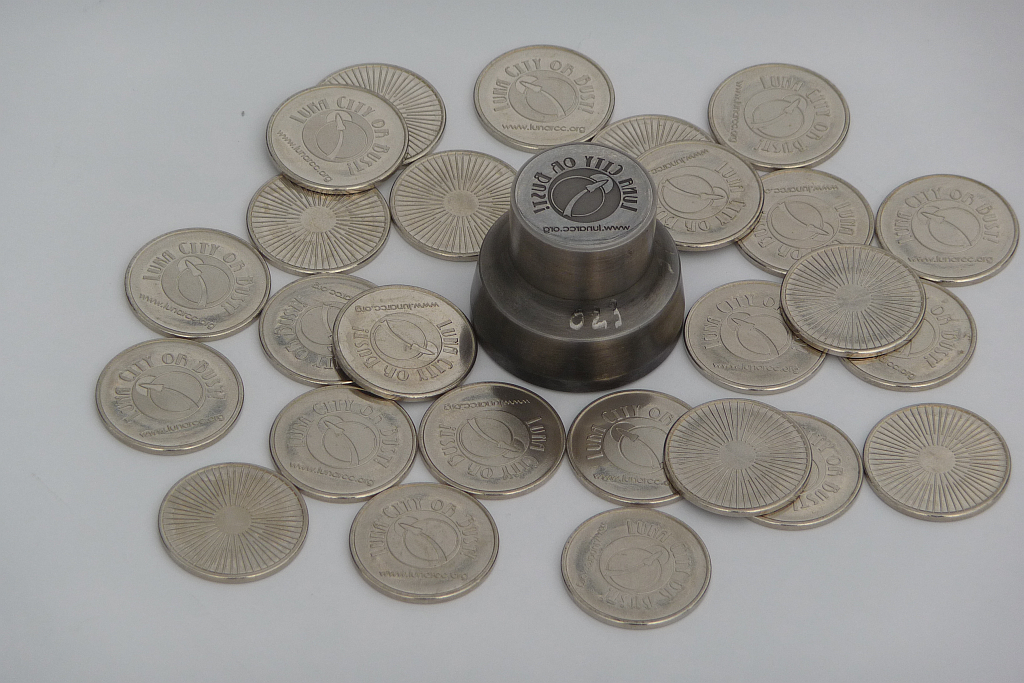
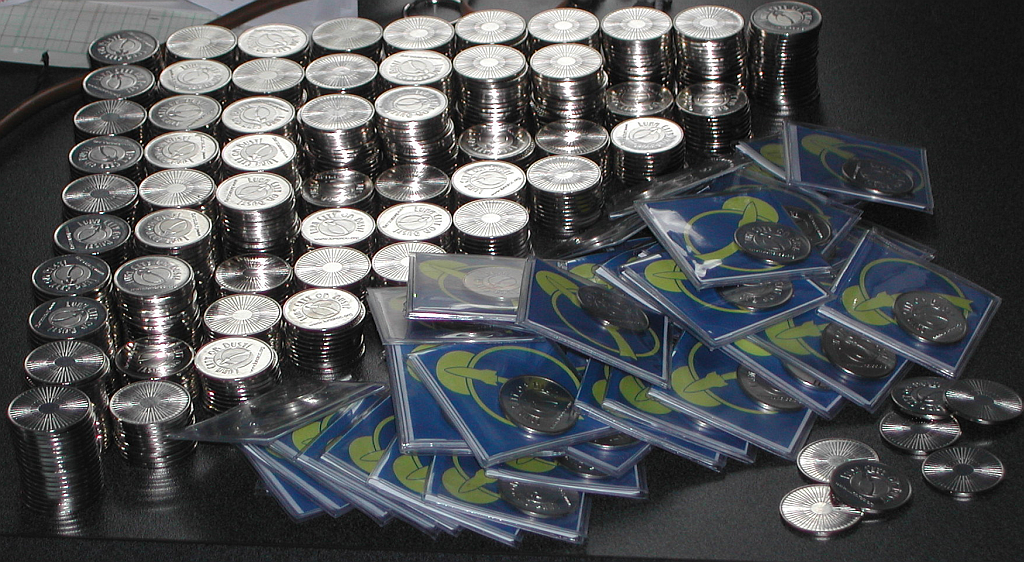
Supplementary Show
- 2023–09–05 I begin reading from Science News Yearbook 1970. In addition to the Table of Contents, Preface, and Introduction (by Glenn Seaborg), I get through the chapter on the Apollo 9 mission, and also spend a little time reading an item which helps explain the global warming/cooling controversy which some people remember from the early 1970s.
- 2023–09–08 After a couple of brief notices from a 1978 number of the Journal of College Science Teaching, I pick up again with Science News Yearbook 1970, reading (with my usual interspersed commentary) the sections on Apollo 10 and Apollo 11. Again this did not archive properly, but I recorded it locally and uploaded it to my own Webspace.
ASFO 2023–08–26
Chestnuts? (Not the literary kind, either.) It seems there are few subjects on which I don’t have at least a little to say. Also why a Mars colony needs good AI ― and LLMs will kill you out there ; a long digression on the American mode of providing medical services (which is still not a “health care system”) ; and a possible visit to Loscon in late November.
- Archive Recording
- 2023 ASFO Masterpost
- A Step Farther Out Masterpost
- Previous Week
- Following Week
- Patreon campaign
Supplementary Show
- 2023–08–29 More from ST ’87, mostly regarding the Venera–15 and –16 and Veha/Vega missions, and the then–planned but ultimately unsuccessful Phobos missions.
- 2023–09–01 Probably the last I will read from ST ’87, including a note by Valery Legasov about Chernobyl and its implications. Did not archive.
ASFO 2023–08–19
When you don’t pay, that’s piracy, and it’s a crime. When we don’t pay, it’s just good business. Also, “grain disposal systems” in America, and fertilizer in Africa ; the surprising connection between mushrooms, Texas school libraries, and California math classes ; and a note on the continuing (largely pointless) controversy over the use of nuclear weapons against Japan in 1945.
- Archive Recording
- 2023 ASFO Masterpost
- A Step Farther Out Masterpost
- Previous Week
- Following Week
- Patreon campaign
Supplementary Shows
- 2023–08–22 Further from ST ’87 : Soviet Science and Technology : Thirty Years of the Space Age, a chronology.
- 2023–08–25 A somewhat aimless quasi–random walk through ST ’87 : Soviet Science and Technology. There are quite a few good segments in this book, as well as some I read in a spirit of irony, talking about the next 30 years of the CMEA and so on. (May not have archived properly)
ASFO 2023–08–12
Back from vacation! Do I have anything new to say? Complaints about landlords, economists, and bad reasoning probably don’t qualify. Also a brief description of some of my recent activities, and a reflection on the failure of oil to spur broader economic and social development even in some of the largest producing countries.
- Archive Recording
- 2023 ASFO Masterpost
- A Step Farther Out Masterpost
- Previous Week
- Following Week
- Patreon campaign
Supplementary Show
- 2023–08–15 ATOM 302 (1981 December) supplies the material : a summary of a lecture in October of that year by the incoming President of the Institution of Electrical Engineers, Sir Francis Tombs, under the head of Misunderstanding Nuclear Power ; a report on a colloquium in Paris on Energy and Society, organized by the deeply antinuclear “Groupe de Bellerive” ; and a couple of short items.
- 2023–08–18 Selections from a Novosti Press Agency Almanac ST ’87 : Soviet Science and Technology. I read the captions to the two color glossy photo sections, and then most of From the First Satellite to Orbital Research Complexes, a contribution by cosmonaut and engineer Georgi Grechko DSc, to a section headed Jubilees, Memorable Dates, Reminiscences.
